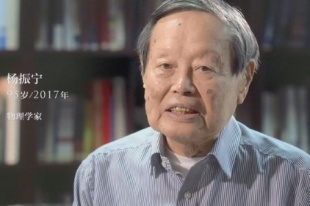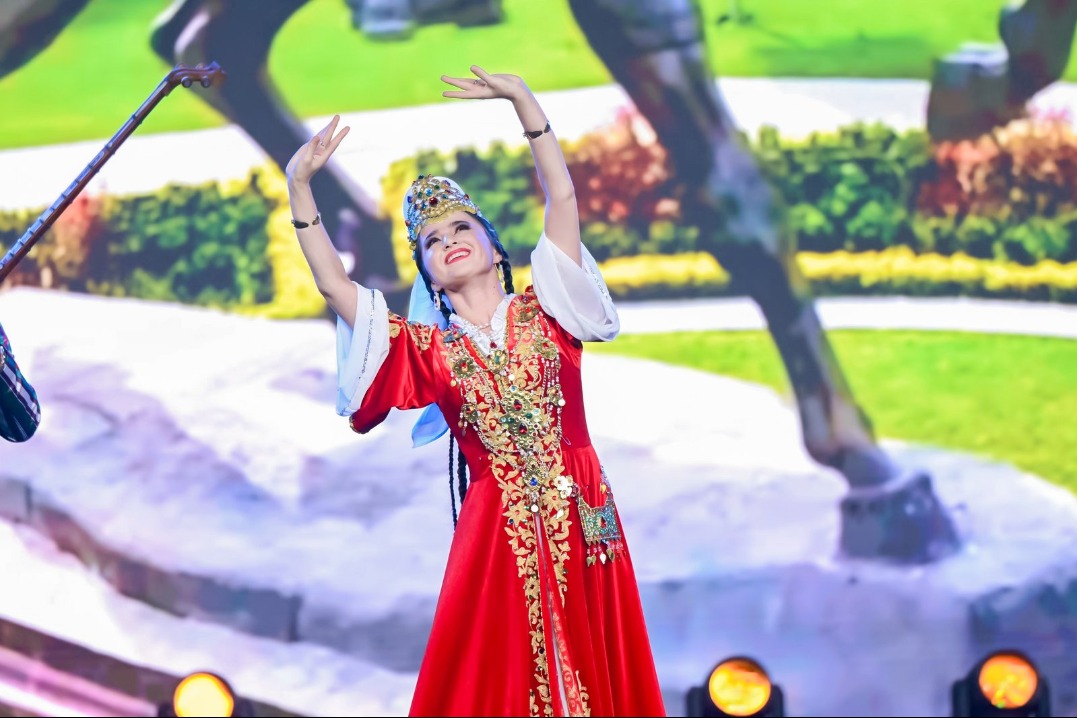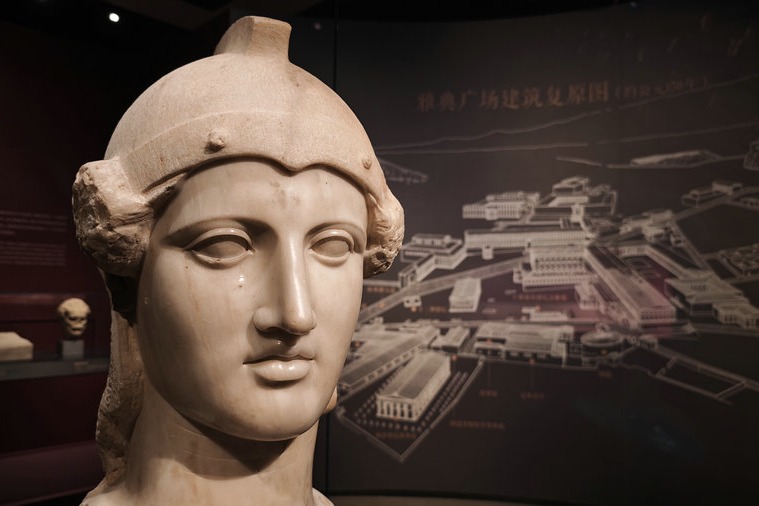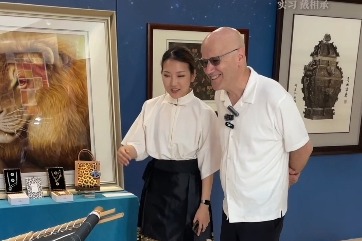When we were young

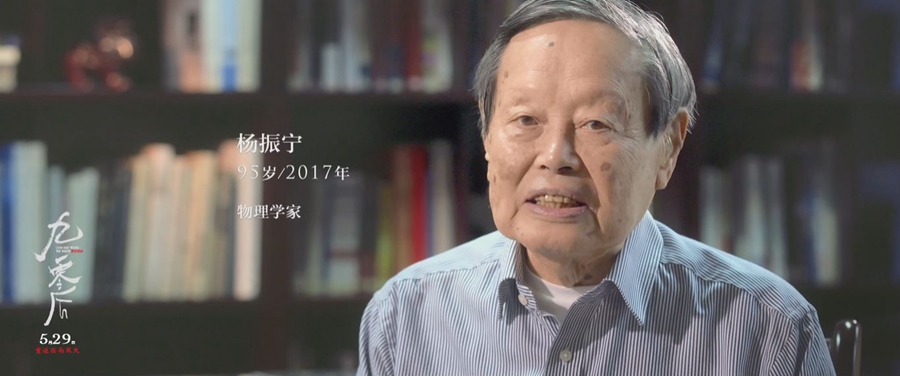
For some moments, the aged interviewees-no matter how great a reputation they have-seem to suddenly flash back to their years as youth in college.
They talk about their academic results like they are still envious students. They remember the days of just hanging around with their buddies.
Some recall campus romances, while refusing to admit there is such a thing as love at first sight, which sounds like the story of Pride and Prejudice.
"Even when putting their patriotism aside, we see that they're interesting people, and that they're resilient," the director says. "It also tells today's young people: Don't be boring."
During the war, optimism may have played an important role in helping the students endure tough times, but, as the documentary shows, patriotism is probably still the fundamental motive for the students to work hard to try and create a brighter future for the country.
More than 800 students of Lianda even joined the army to defend their homeland. Miao Hong's story, as recalled by some interviewees in the film, is perhaps one of the most touching in One Day When We Were Young.
He turned his back on his own father, a traitor who served the Japanese-supported puppet government, just to prove his loyalty to his country. He passed the exam to be enrolled in Lianda, and later voluntarily went to the front line, unfortunately dying a few weeks before the war was over.
When Xu Bei and her team tried to turn these yellowing pages of history, they also felt the solemnity of life and death.
In 2018, based on some interviews of those Lianda alumni, her team released a five-episode documentary series, titled Lianda: A Chinese University in War and Revolution. The documentary achieved 9.4 points out of total 10 on Douban, China's major film and TV critic website.


